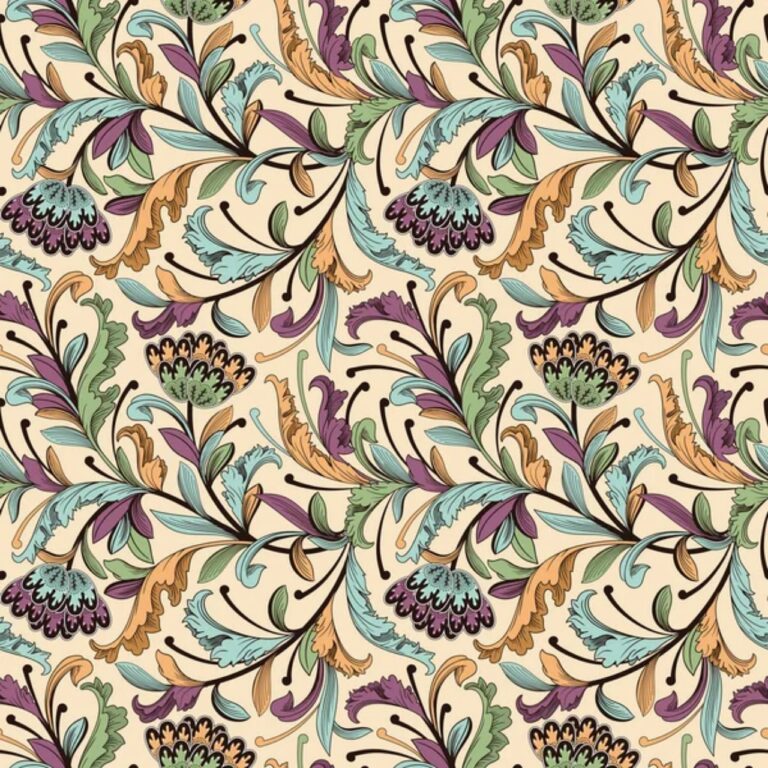The Impact of Fast Fashion on Garment Workers: Ethical Labor Practices: Lotusbook 365, Play99exch, All panel mahadev
lotusbook 365, play99exch, all panel mahadev: Fast fashion has become a dominant force in the fashion industry, providing consumers with trendy and affordable clothing options. However, the impact of fast fashion on garment workers and ethical labor practices cannot be overlooked.
Exploitative Labor Practices:
One of the biggest issues surrounding fast fashion is the exploitation of garment workers. Many workers in developing countries are subjected to long hours, low wages, unsafe working conditions, and lack of basic labor rights. The pressure to produce clothing quickly and cheaply often leads to labor abuses, including child labor and forced labor.
Environmental Impact:
In addition to the human cost, fast fashion also takes a toll on the environment. The production of fast fashion involves high levels of water consumption, chemical pollution, and textile waste. The rapid turnover of clothing trends leads to a disposable mentality, where garments are discarded after only a few wears, contributing to the growing problem of textile waste.
Lack of Transparency:
Another challenge in the fast fashion industry is the lack of transparency in the supply chain. Many brands do not disclose information about where their clothing is produced or under what conditions. This lack of transparency makes it difficult for consumers to make informed choices about the clothes they buy and the companies they support.
Ethical Alternatives:
Despite these challenges, there are ethical alternatives to fast fashion that prioritize fair labor practices and sustainable production methods. Brands that focus on transparency, fair wages, and environmentally friendly practices are gaining momentum in the fashion industry. By supporting these ethical brands, consumers can help create a more sustainable and equitable fashion industry.
FAQs:
Q: How can consumers support ethical labor practices in the fashion industry?
A: Consumers can support ethical labor practices by researching brands that prioritize fair labor practices and sustainability. By investing in high-quality, ethically made garments and reducing their consumption of fast fashion, consumers can make a positive impact on the industry.
Q: Are there certifications to look out for when shopping for ethical fashion?
A: Yes, there are certifications such as Fair Trade, GOTS (Global Organic Textile Standard), and B Corp that can help consumers identify brands that meet ethical labor and sustainability standards.
Q: What can companies do to improve labor practices in the fashion industry?
A: Companies can improve labor practices by ensuring fair wages, safe working conditions, and respect for labor rights throughout their supply chain. By adopting transparent practices and investing in sustainable production methods, brands can create a more ethical and sustainable fashion industry.
In conclusion, the impact of fast fashion on garment workers and ethical labor practices is a critical issue that requires attention from both consumers and companies. By supporting ethical brands and advocating for fair labor practices, we can work towards a more sustainable and equitable fashion industry.







